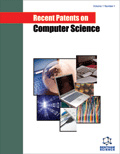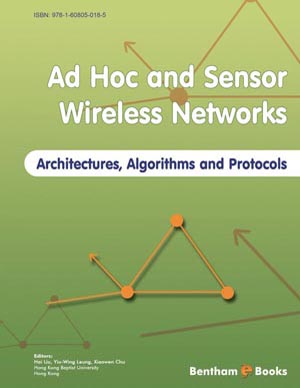Abstract
In the recent years, GPS and GIS have been increasingly used in health research as they can be used to measure individuals’ movement and environmental exposure. Community mobility is an important aspect of the function and the environmental interaction of an individual. Indicators of community mobility, including important places visited and the number of trips made, can be extracted from raw GPS trajectory data using a trip detection algorithm with GIS. Those indicators of community mobility were used to monitor how stroke patients return to community and how they respond to rehabilitation treatments. GPS-based spatial footprints integrated with geospatial data such as air pollution, food access, and land use in a Geographical Information System (GIS) environment can help understand the environmental contexts of health behavior.
Keywords: Activity space, Big data, Community mobility, Daily mobility, Environmental exposure, Exposure assessment, GPS trajectory data, Geospatial health, Geographic Information Systems (GIS), Geospatial medicine, Health GIS, mHealth, Spatial data mining, Staypoint detection, Trip detection.


















